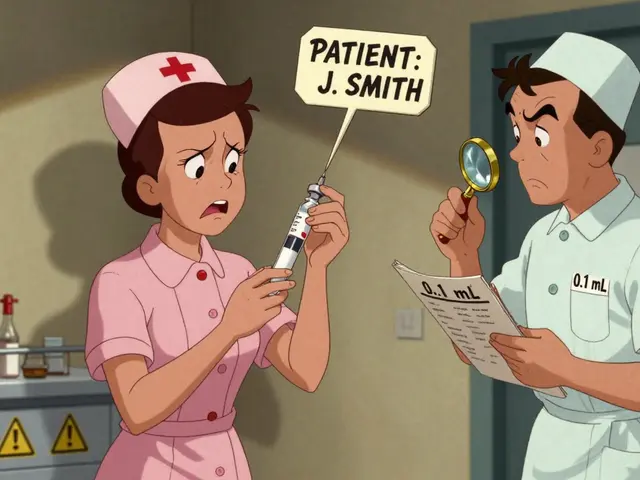Dietary Supplement Guide: How to Pick Safe, Effective Products
Thinking about adding a supplement to your routine? You’re not alone. Millions of people try vitamins, minerals, herbs or protein powders to fill gaps in their diet. But with shelves packed full of options, it’s easy to feel lost. Below you’ll get straight‑forward advice on what supplements actually do, how to spot quality, and simple habits to make them work for you.
What Exactly Is a Dietary Supplement?
A dietary supplement is anything you take by mouth that adds nutrients or plant compounds to your normal meals. This includes single‑ingredient pills like vitamin D, blended formulas like “multivitamin + mineral,” protein powders, omega‑3 fish oil capsules, and herbal extracts such as turmeric or ashwagandha. The goal is simple: supply nutrients you might miss or boost a specific health area.
Supplements are not medicines. They’re meant to support, not replace, a balanced diet. That’s why they’re regulated differently – the FDA checks label claims but doesn’t approve them like drugs. Knowing this difference helps you keep realistic expectations and avoid unsafe products.
How to Choose a Quality Supplement
Start with a clear reason. Want stronger bones? Look for calcium with vitamin D. Need better focus? A B‑complex or omega‑3 may help. Once you know the goal, follow these quick checks:
- Third‑party testing: Look for seals from NSF, USP, or ConsumerLab. Those marks mean an independent lab verified the ingredients and potency.
- Ingredient list: Choose products with just a few, recognizable ingredients. Avoid long lists of fillers, artificial colors, or “proprietary blends” that hide exact amounts.
- Dosage clarity: The label should show how much of each active ingredient you get per serving. If it says “serving size: 2 capsules” but doesn’t list each nutrient amount, walk away.
- Manufacturer reputation: Brands that have been around for years and have good reviews are usually safer. Quick web searches can reveal any recalls or warnings.
Don’t forget to check for interactions. If you’re on prescription meds, a simple chat with your pharmacist or doctor can prevent surprises.
Now that you know what to look for, here are three practical steps to start using supplements safely:
- Start low, go slow: Begin with the smallest effective dose and give your body a week or two to adjust before increasing.
- Take with food when needed: Fat‑soluble vitamins (A, D, E, K) absorb better with a meal that contains healthy fats. Some herbs, like turmeric, work best with black pepper or a little oil.
- Track your response: Keep a short note of how you feel, any side effects, and any changes in energy or mood. This helps you decide if the supplement is worth continuing.
Remember, supplements are just one piece of the health puzzle. Pair them with a varied diet, regular movement, and good sleep for the best results.
If you’re not sure which supplement fits your needs, many reputable online pharmacies provide filters by health goal, age, and dietary restrictions. Use those tools, read the verified reviews, and you’ll land on a product that matches your lifestyle.
Bottom line: Choose a clear purpose, verify third‑party testing, watch the ingredient list, and start low. With those basics, you’ll get the most out of any dietary supplement without wasting money or risking your health.





